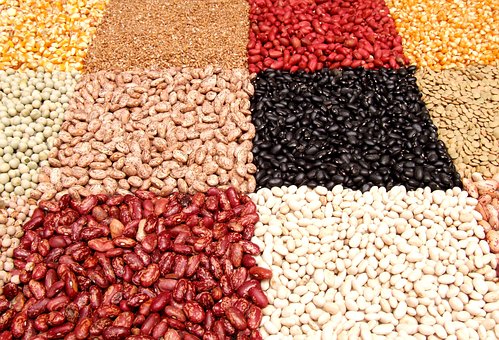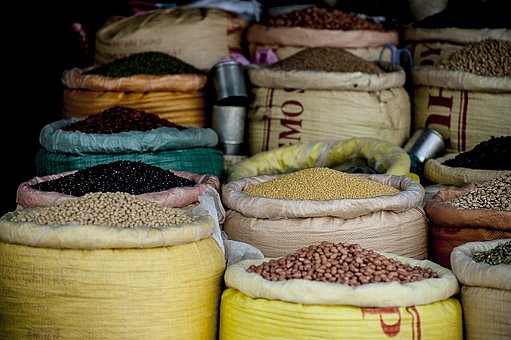Legumes, also known as pulses, are a type of plant that belongs to the legume family, which includes beans, lentils, peas, and peanuts. These versatile and nutritious foods have been a staple in the human diet for centuries and are widely consumed around the world. They are rich in nutrients, including protein, fiber, complex carbohydrates, and a variety of vitamins and minerals. In this article, we will explore the nutritional value of legumes and discuss whether or not they are healthy for you.
One of the primary nutritional benefits of legumes is their high protein content. Legumes are an excellent source of plant-based protein, which makes them a popular choice for vegetarians and vegans who may be looking to increase their intake of this essential nutrient. They are also a good source of other essential amino acids, which are the building blocks of protein. For example, beans and lentils are high in lysine, an amino acid that is often lacking in other plant-based proteins.
In addition to protein, legumes are also a good source of dietary fiber. Fiber is a type of carbohydrate that is not digested by the body and helps to keep the digestive system healthy. Legumes are high in both soluble and insoluble fiber, which have different health benefits. Soluble fiber helps to lower cholesterol levels and regulate blood sugar, while insoluble fiber helps to add bulk to the stool and prevent constipation.
Legumes are also a good source of complex carbohydrates, which are slow-release sources of energy. Unlike simple sugars, which are quickly absorbed into the bloodstream, complex carbohydrates provide sustained energy over a longer period of time. This makes them a good choice for athletes and active individuals who need sustained energy to fuel their workouts.
In terms of vitamins and minerals, legumes are a rich source of many essential nutrients. For example, beans and lentils are high in iron, which is important for carrying oxygen to the body’s cells. They are also a good source of B vitamins, including folic acid, which is important for proper brain function and the production of red blood cells. Peanuts are a good source of vitamin E, an important antioxidant that helps to protect cells from damage caused by free radicals.
So, are legumes healthy for you? The short answer is yes. Legumes are a nutritious and low-fat source of protein, fiber, complex carbohydrates, and a variety of vitamins and minerals. They are also relatively low in calories, making them a good choice for weight management. Legumes are also rich in antioxidants and other plant compounds that may have a variety of health benefits. For example, some studies have suggested that consuming legumes may help to lower the risk of heart disease, diabetes, and certain types of cancer.
However, it’s important to note that legumes can be difficult to digest for some people, especially if they are not cooked properly. Soaking and cooking legumes in a pressure cooker or slow cooker can help to make them more digestible. Additionally, some people may be allergic to certain types of legumes, such as peanuts. In these cases, it’s important to be cautious and consult with a healthcare provider before adding legumes to your diet.
In conclusion, legumes are a nutritious and healthy choice for most people. They are a good source of protein, fiber, complex carbohydrates, and a variety of vitamins and minerals. They are also relatively low in calories and rich in antioxidants and other plant compounds that may have a variety of health benefits. However, it’s important to be aware of any potential digestion issues or allergies and to consult with a healthcare provider if necessary.

 Home
Home Health
Health Diet & Nutrition
Diet & Nutrition Living Well
Living Well More
More












